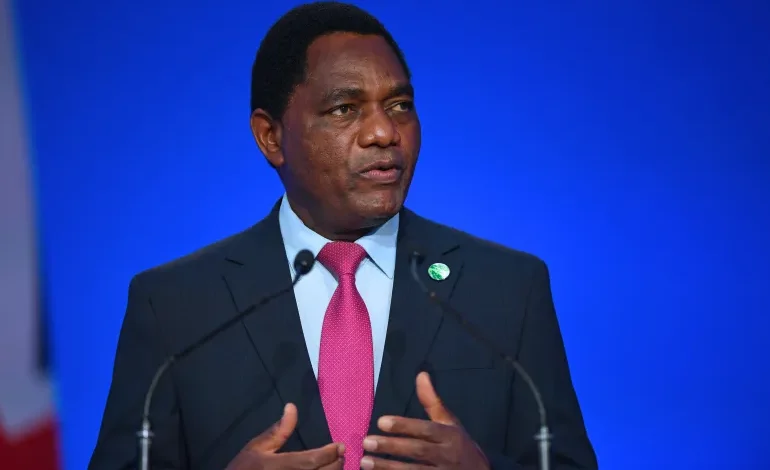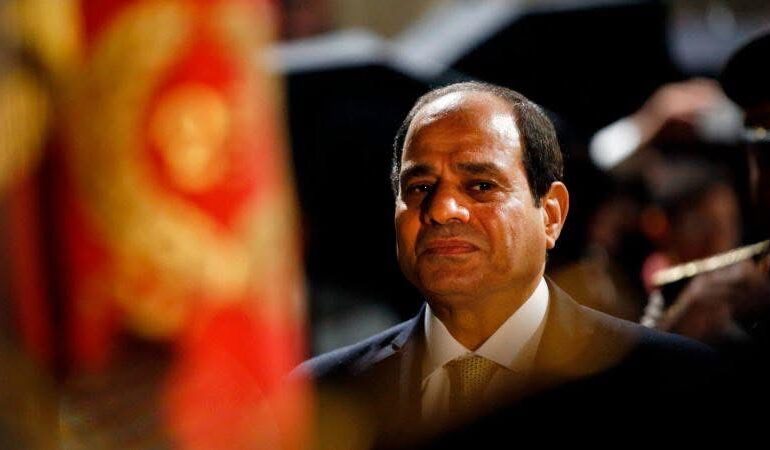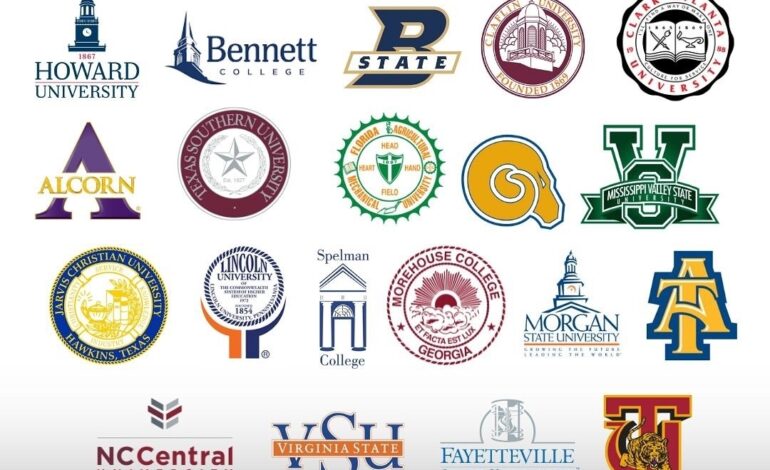
Wayne Lumbasi
The Trump administration has announced a significant shift in federal funding for minority-serving institutions. Nearly $500 million will be redirected to Historically Black Colleges and Universities (HBCUs) and Tribal Colleges and Universities (TCUs), while $350 million will be cut from other minority-serving programs, including those serving Hispanic students.
This move has sparked mixed reactions, with some celebrating the boost for HBCUs while others criticize the cuts to programs serving Latino and other underrepresented students.

The administration argues that previous programs were unconstitutional due to racial thresholds, citing a Justice Department memo that deemed Hispanic-Serving Institution (HSI) grants unconstitutional. Education Secretary Linda McMahon stated that the changes aim to redirect money from “ineffective and discriminatory programs toward those which support student success”.
However, Democrats argue that the administration is using constitutional arguments to undermine programs that helped historically underserved communities.
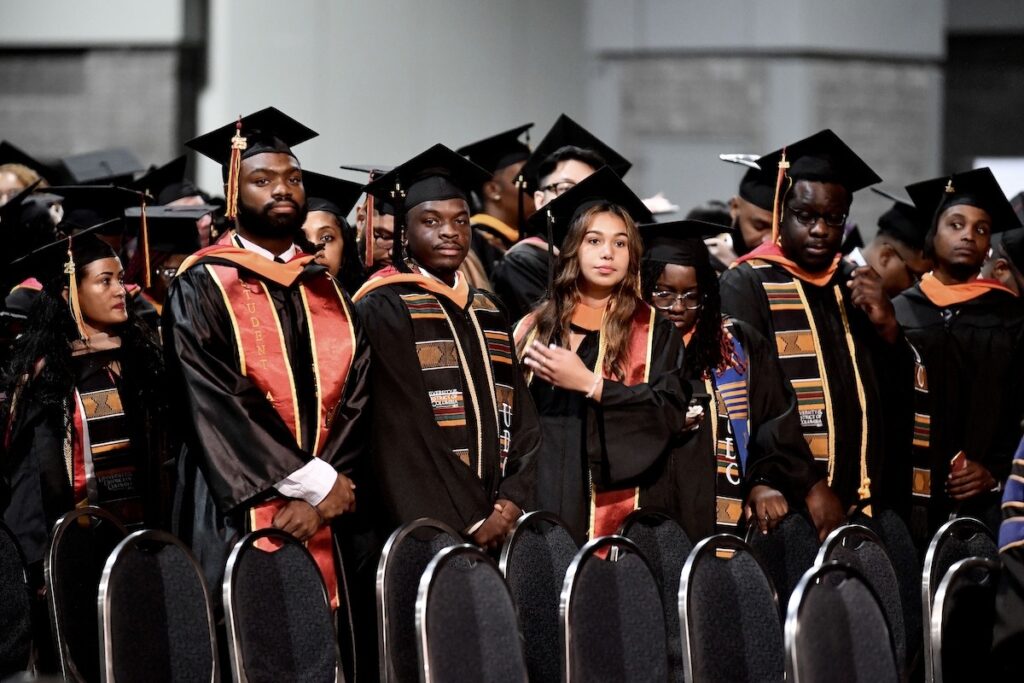
The impact of this decision will be significant for the institutions involved. HBCUs will receive a 48% one-time increase in funding, which could be transformative for expanding scholarships, strengthening academic programs, and upgrading facilities. Tribal Colleges will also see their funding more than double, supporting student success in these institutions.
On the other hand, Hispanic-Serving Institutions will lose $350 million in grants, sparking criticism from educators who argue that these programs have historically received bipartisan support and fostered social mobility for working-class Americans.
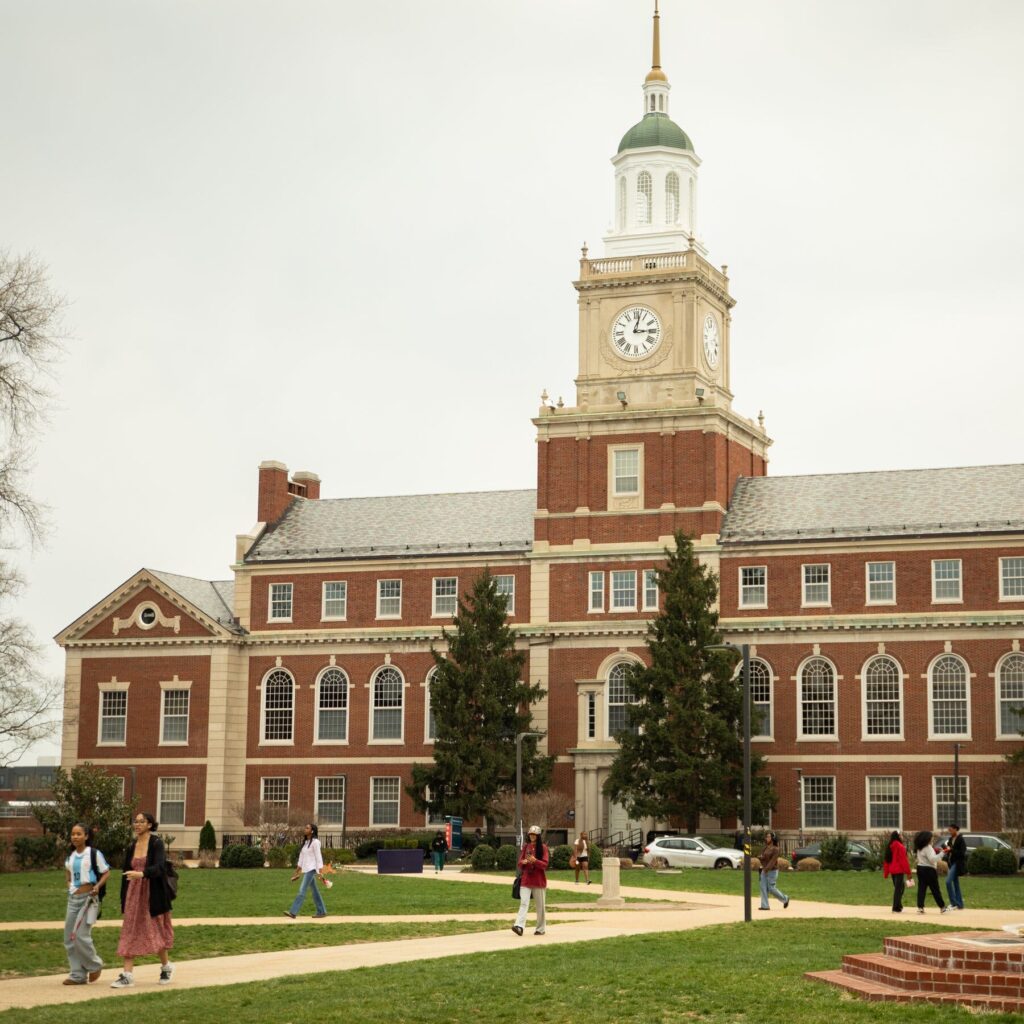
The decision has set up a broader legal fight over federal funding for educational disparities, with a lawsuit against the HSI program remaining pending. While some celebrate the boost for HBCUs, others worry about the long-term impact of cutting programs that support diverse student populations.
RELATED:






